The Big Question Is: Is there credible evidence for God in the human mind and consciousness?
To the onlooker it appears an unremarkable sponge-like object. To Professor Chris Frith: “the total number of possible connections within this human brain are greater than the number of particles in the known universe.” The brain is not only the personal HQ of every individual, it is also the source of a deep mystery. How does it link to our sense of being conscious human beings with a sense of the past, the present, the future and of each other? It is such a deep mystery! Science is unable to explain why consciousness exists or what it is. Across the world, the vast majority of people are associated with some kind of religion: a sort of consciousness of God. In the western world, especially in Europe, grand cathedrals make statements in stone about the majesty and the glory of God. However, across the world human beings also have a strong tendency towards superstition. SO……
- Instead of being real, might religion just be a form of superstition?
- Does the fact that specific religions are popular in specific parts of the world indicate that religion is merely an invention of the culture?
- BUT:
- Is it also possible that religions have more in common than divides them?
- Might this be a highly significant factor in trying to answer the God question? “If we’re created by some kind of god who wants to have positive engagement with us, then our very nature is going to be receptive,” says Oxford University’s Justin Barrett. The second part of “Mind, Consciousness and The God Question” scrutinises human accounts of experiences of God. Priests in a Catholic seminary near New York maintain that they “know the presence of God in their souls” and defend themselves against the claim that they have merely engaged in wishful thinking. An ex drug addict meanwhile gives God the credit for the revolutionary change in her life. It is a testimony echoed by a group of prisoners in Darrington high security prison in Texas. Their dramatic story is transforming prison life. BUT: All is examined in Mind, Consciousness and The God Question. So much for trying to find God in life but what about trying to find God in death? Hammersmith hospital, London is a participant in a worldwide experiment to test the reality of near death experiences and reports of a ‘world beyond’ coming from patients who were clinically brain dead but were then resuscitated. One interviewee claims to have spent 90 minutes in heaven at a time when, after a road accident, he was clinically dead. So might there be evidence here of life after death? The advice of consultant psychiatrist Peter Fenwick is: “Ask the dying. They know.” So does the evidence suggest that God is real – or ‘all in the mind’? Are atheists justified in claiming that the only reality is what science reveals? The evidence for God might hang on whether or not they are right. It’s a judgement for viewers to make for themselves.
- Might the true explanation just be in human psychology?
- Could a ‘god gene’, when activated, be responsible for the feeling that God is in human experience but it’s all down to imagination?
- BUT:
- Isn’t this Christianity delivering what it claims to offer?
- Wouldn’t this be a test of truth?
Programme Contributors

Rev Canon Dr Alan Hargrave
Canon Missioner of Ely Cathedral. The role not only...Learn More
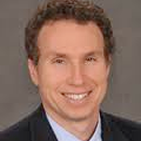
Prof Andrew Newberg
American Neuroscientist. Newberg has focused his...Learn More
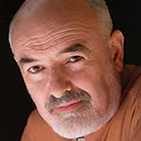
Prof Chris Frith
Professor of Neurospsychology, University College London....Learn More
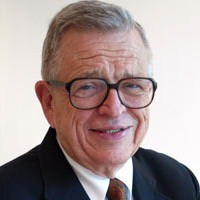
Chuck Colson
A member of the Nixon Administration, he was jailed in 1974...Learn More

Prof Daniel Dennett
American philosopher, writer and cognitive scientist. His...Learn More
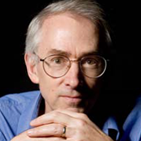
Prof David Sloan Wilson
Argues that the evolutionary paradigm can adequately...Learn More
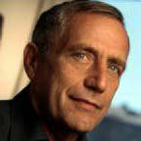
Dr Dean Hamer
American geneticist and author. Profoundly skilled in...Learn More
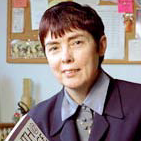
Denyse O’Leary
Co-authored "The Spiritual Brain" which examines how the...Learn More
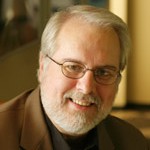
Don Piper
Author of 90 Minutes in Heaven, Don recounts his story of...Learn More
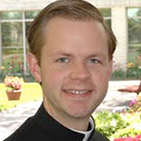
Father Matthew Green
Former Professor of Philosophy in a New York Catholic...Learn More
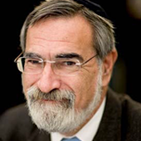
Former Chief Rabbi Lord Sacks
One of the most respected figures of the British...Learn More
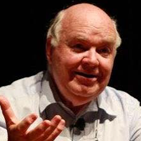
Prof John Lennox
Oxford Professor of Mathematics and Philosopher of Science,...Learn More
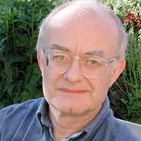
Dr John Rutter
British composer, conductor, editor, and record producer,...Learn More
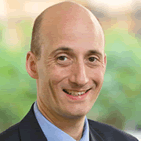
Dr Justin Barrett
Founding editor of the "Journal of Cognition and Culture"...Learn More
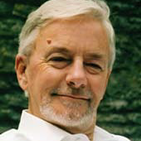
Prof Keith Ward
British philosopher and theologian with specialist interest...Learn More
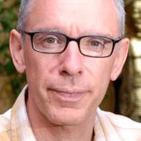
Maitreyabandhu
Teacher at the London Buddhist Centre and a member of the...Learn More
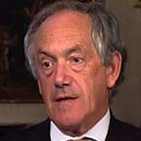
Prof Peter Atkins
Former Professor of Chemistry, University of Oxford. An...Learn More
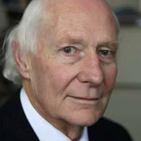
Dr Peter Fenwick
Neuropsychiatrist and neurophysiologist known for his...Learn More
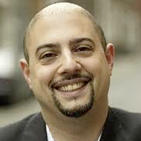
Dr Sam Parnia
Physician who researches into near-death and out-of-body...Learn More
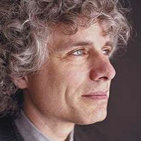
Prof Steven Pinker
Harvard College Professor in the Department of Psychology....Learn More
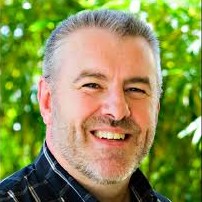
Stuart McAllister
Former International Director of Ravi Zacharias...Learn More
To help viewers determine a contributor's stance on the topics discussed within The God Question, we have introduced a series-wide colour coding scheme; Theists, Atheists and Neutral Contributors.
